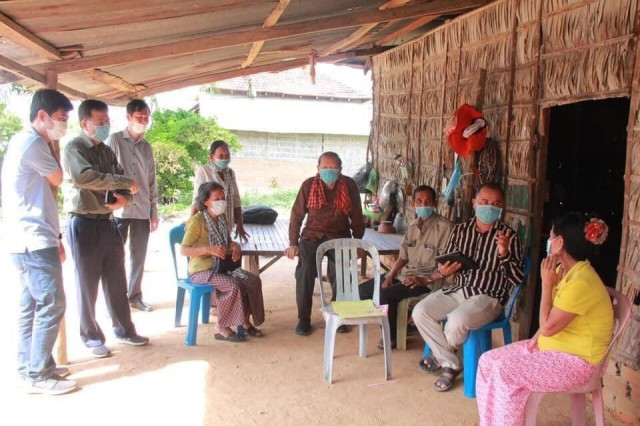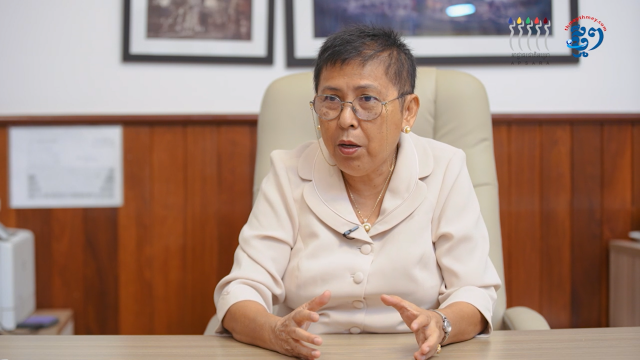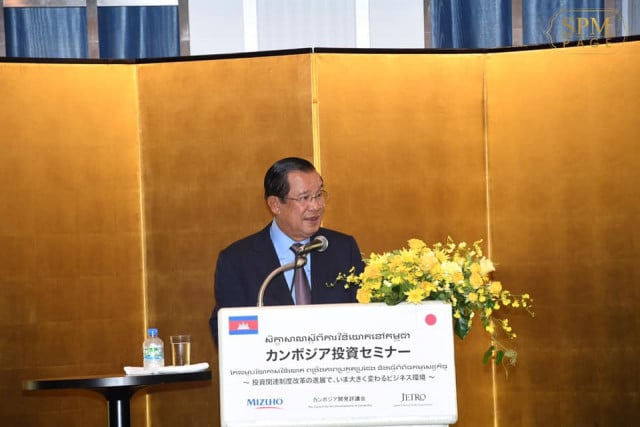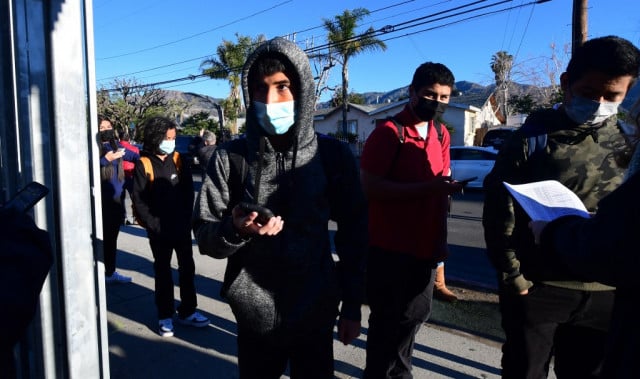Government to Hand Out Cash Subsidies to Low Income Families

- Phoung Vantha
- May 26, 2020 7:21 AM
Confusion remains among the government as to who will receive these payments, how much will be given and when families can expect to receive them.
PHNOM PENH—Cambodia’s government has today (May 26) announced it will provide support for poor and needy families across the country, particularly those who have been affected by the Coronavirus Disease 2019 (COVID-19) pandemic.
The government said that low income families will receive government subsidies during the COVID-19 crisis, following the establishment of a working group to develop and administer a social assistance mechanism that identifies poor families and vulnerable groups.
Minister of Interior Sar Kheng said on May 25 that the government has decided to provide cash subsidies for poor families who had ID Poor cards, and also families who have recently faced a loss of income or livelihood due to the COVID-19 pandemic.
Kheng urged the newly-formed working group to cooperate with local authorities to maintain clarity and eliminate misleading data relating to low income families and to ensure that more people who need it are able to acquire the ID Poor Card.
The ID Poor Program was introduced in 2007 by Ministry of Planning and GIZ, the German development agency as a means of identifying households affected by multidimensional poverty and ensure they received the support they needed, particularly with regards to accessing healthcare.
This program was then adapted by the Ministry of Planning in 2017 to reflect the urbanization Cambodia had witnessed in the decade since ID Poor was launched, but the program still fails to identify all those in need—even after numerous alterations made to the scope of ID Poor.
Families of migrant workers, for example, often miss out, despite the precarious and vulnerable nature of their income. According to data from the Ministry of Labor, there were some 1.2 million Cambodians working overseas in 2018, but due to COVID-19, many of those have returned with no jobs and limited savings.
Kheng stressed that he wants to see the implementation of these new government subsidies in place by the end of June 2020, although he said he expects the working group to have finalized solutions by the end of this month.
Meas Soksensan deputy secretary-general of the Ministry of Economy and Finance said that so far, the government has not officially determined how much each family will receive or when they will receive grants. The Ministry of Planning is apparently in the process of identifying those in need of financial support, although the criteria for this remains unclear.
Prime Minister Hun Sen announced a subsidy for low income families at a May 15 cabinet meeting and seemingly asked government officials to donate food to those in need.
Meanwhile, spokesman for the Ministry of Social Affairs, Veterans and Youth Rehabilitation Touch Channy claimed that roughly half a million Cambodians live in poverty, representing a poverty rate of about 10 percent.
However, in 2018, the United Nations Development Programme produced a report that found some 35 percent of Cambodians lived in multidimensional poverty—a more comprehensive measurement of poverty that takes into account the factors from which poverty stems.
Channy also speculated that the actual number of Cambodians living in poverty could be much higher because many remained unidentified by the ID Poor program.
Whether these grants and subsidies will be sourced from the alleged economic stimulus package that the government announced in March 2020 remains unclear. Ever since the government claimed to have between $800 million and $2 billion to address the economic fallout of the pandemic, very little has been made clear about how or even if this money will be spent.















